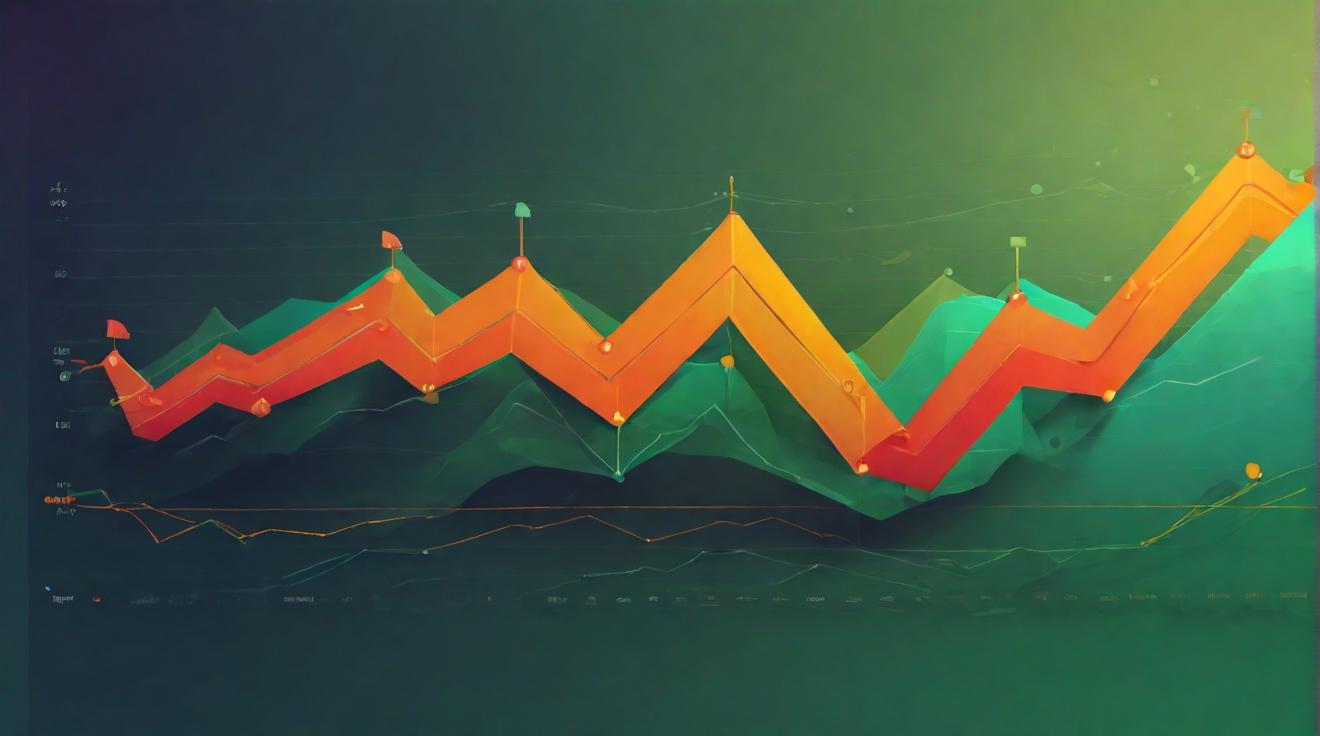Global priorities at Davos: Climate change, conflict, and AI
The annual World Economic Forum in Davos is set to kick off, bringing together global leaders to discuss and tackle the pressing issues faced by the world today. This year’s agenda reflects the growing concerns over climate change, regional conflict, and the impact of artificial intelligence. Over 60 heads of state and government, including Israeli President Isaac Herzog and Ukrainian President Volodymyr Zelenskyy, will be in attendance for both public appearances and closed-door talks. The event aims to foster innovation, promote peace, and address critical challenges in various fields and industries.
Middle East conflict takes the spotlight at Davos
While the World Economic Forum in Davos focuses on broad global issues, regional conflicts often cast a long shadow over the event. This year, the recent conflict between Israel and Hamas in Gaza, as well as airstrikes in Yemen, will be significant talking points. Israeli President Isaac Herzog, along with the prime ministers of Qatar, Jordan, and Lebanon, will be in attendance for various sessions addressing these conflicts. A special “humanitarian briefing on Gaza” is scheduled to shed light on the situation and potential solutions.
Artificial intelligence takes center stage at Davos
The influence of technology and artificial intelligence has become increasingly prominent at the World Economic Forum in Davos. This year, the theme of AI as a driving force for the economy and society will dominate the agenda, with around 30 separate sessions dedicated to this topic. The emergence of OpenAI’s ChatGPT and other AI advancements have raised awareness about the potential power and implications of AI. Key figures, such as OpenAI chief Sam Altman and top executives from Microsoft, will be presenting their insights and discussing the ethical and transformative aspects of AI.
The threat to democracies: AI-generated misinformation
One of the major concerns raised by the rise of AI is the threat of AI-generated misinformation and its impact on democracies. The World Economic Forum will feature a session on the threat of “bots and plots” on democracies, highlighting the potential for misinformation to influence elections and public opinion. With elections taking place in countries with sizable populations, the impact of misinformation generated by AI is a significant short-term threat. The session aims to address these challenges and explore strategies to protect democratic processes.
Saving the planet: Climate change discussions at Davos
The fight against climate change has been a recurring topic at the World Economic Forum in recent years. This year is no different, with discussions focusing on creative and promising ways to combat climate change. The urgency has been heightened by recent reports showing that global temperatures reached record highs in the past year. Sessions will feature top climate scientists and leaders, including John Kerry, who will discuss a U.S.-backed initiative to involve the private sector in developing low-carbon technologies. The goal is to find concrete solutions and encourage investment in fighting climate change, particularly in developing countries and emerging markets.
The World Economic Forum in Davos serves as an important platform for global leaders to address critical issues and foster collaboration. Despite criticisms of the event, the value of face-to-face conversations and the ability to gather key decision-makers in one place cannot be underestimated. This year’s agenda reflects the prominent issues of our time, focusing on climate change, regional conflicts, and technological advancements. The discussions and outcomes from Davos have the potential to shape policies and initiatives that will affect the world for years to come.
Analyst comment
Positive news: The World Economic Forum in Davos brings global leaders together to address pressing issues such as climate change, conflict, and AI. The event aims to foster innovation, promote peace, and address critical challenges. It provides a platform for collaboration and can shape policies and initiatives that will have a lasting impact on the world.













